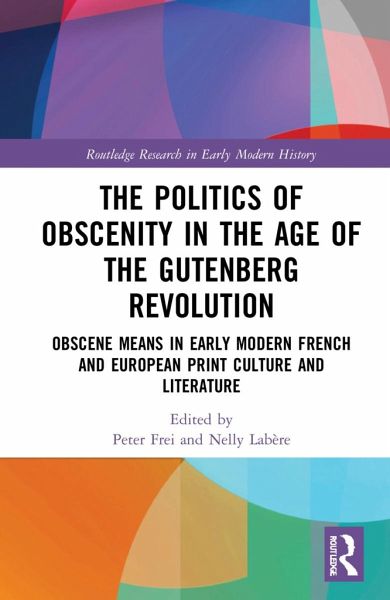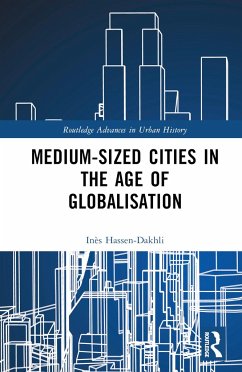
The Politics of Obscenity in the Age of the Gutenberg Revolution
Obscene Means in Early Modern French and European Print Culture and Literature
Herausgeber: Frei, Peter; Labère, Nelly
Versandkostenfrei!
Versandfertig in 1-2 Wochen
168,99 €
inkl. MwSt.

PAYBACK Punkte
84 °P sammeln!
What does obscene mean? What does it have to say about the means through which meaning is produced and received in literary, artistic and, more broadly, social acts of representation and interaction? Early modern France and Europe faced these questions not only in regard to the political, religious and artistic reformations for which the Renaissance stands, but also in light of the reconfiguration of its mediasphere in the wake of the invention of the printing press. The Politics of Obscenity brings together researchers from Europe and the United States in offering scholars of early modern Eur...
What does obscene mean? What does it have to say about the means through which meaning is produced and received in literary, artistic and, more broadly, social acts of representation and interaction? Early modern France and Europe faced these questions not only in regard to the political, religious and artistic reformations for which the Renaissance stands, but also in light of the reconfiguration of its mediasphere in the wake of the invention of the printing press. The Politics of Obscenity brings together researchers from Europe and the United States in offering scholars of early modern Europe a detailed understanding of the implications and the impact of obscene representations in their relationship to the Gutenberg Revolution which came to define Western modernity.












